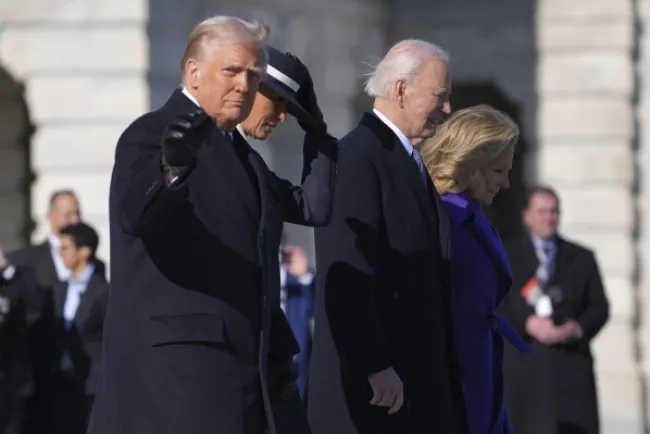US Condemns Russia's Aggression: Calls for Ceasefire Amid Ongoing Conflict
The United States has reaffirmed its call for a ceasefire in Ukraine, condemning recent Russian strikes that have escalated the ongoing conflict. What implications do these developments hold for international diplomacy and security?
In a critical moment for international relations, the United States has once again urged for a ceasefire in Ukraine, following a series of devastating missile strikes by Russia. Speaking at the United Nations, U.S. officials condemned the April 4th attacks on the Ukrainian town of Kri, which resulted in significant civilian casualties, including the tragic deaths of 20 individuals, nine of whom were children. This incident underscores the urgent need for an end to hostilities and highlights the ongoing humanitarian crisis in the region.
Ceasefire and Accountability
The U.S. has called on Russia to consider the impact of its military actions on peace negotiations, emphasizing that the commitment to a ceasefire will be judged by Russia's future actions. The U.S. has expressed a firm stance against any bad faith negotiations or violations of commitments, signaling its determination to hold Russia accountable for its aggression. These developments come in the wake of President Donald Trump's recent dissatisfaction with Russia's military bombardment of Ukraine, further complicating the diplomatic landscape.
China's Role in the Conflict
Compounding the situation, the U.S. has criticized China for its support of Russia, identifying it as a significant enabler of the war. It was reported that Ukraine has captured two Chinese citizens fighting on behalf of Russia, indicating the complex dynamics of international involvement in the conflict. The U.S. claims that China supplies around 80% of the dual-use items that Russia requires to sustain its military efforts, raising concerns about its role in the broader geopolitical struggle.
Ukraine's Response and International Support
Ukraine has also vocalized its frustrations, labeling Russia as the primary obstacle to peace. Ukrainian officials have condemned the "barbaric attacks" on civilians, asserting that Russia's actions reflect a blatant disregard for international peace efforts. The situation remains dire as Russia continues its aggressive posture, seeking to eliminate Ukraine as a nation.
In response to the ongoing conflict, a defense contact group comprising 50 countries is set to convene in Brussels to coordinate military aid for Ukraine. U.S. Secretary of Defense Lloyd Austin will participate virtually, reinforcing the commitment of Western nations to support Ukraine in its fight against Russian aggression.
Diplomatic Engagement and NATO's Position
Amidst the rising tensions, U.S. and Russian delegations are scheduled to meet on April 10 in Istanbul to discuss the restoration of embassy operations that have been scaled back since the invasion of Ukraine. This dialogue highlights the ongoing efforts to stabilize bilateral relations, even as NATO ramps up its defense capabilities in response to the conflict.
Italy has recently donated a military ship to Albania, enhancing its defense and military presence within NATO operations. Such moves indicate a collective effort among NATO members to bolster regional security and preparedness in the face of Russian threats.
Conclusion
As the situation in Ukraine continues to evolve, the calls for a ceasefire and accountability remain paramount. The involvement of global powers, alongside the humanitarian implications of the conflict, will shape the future of international relations in the region. The coming weeks will be crucial in determining whether diplomatic efforts can lead to a sustainable resolution or if the war will escalate further, posing challenges to global security.
What's Your Reaction?















